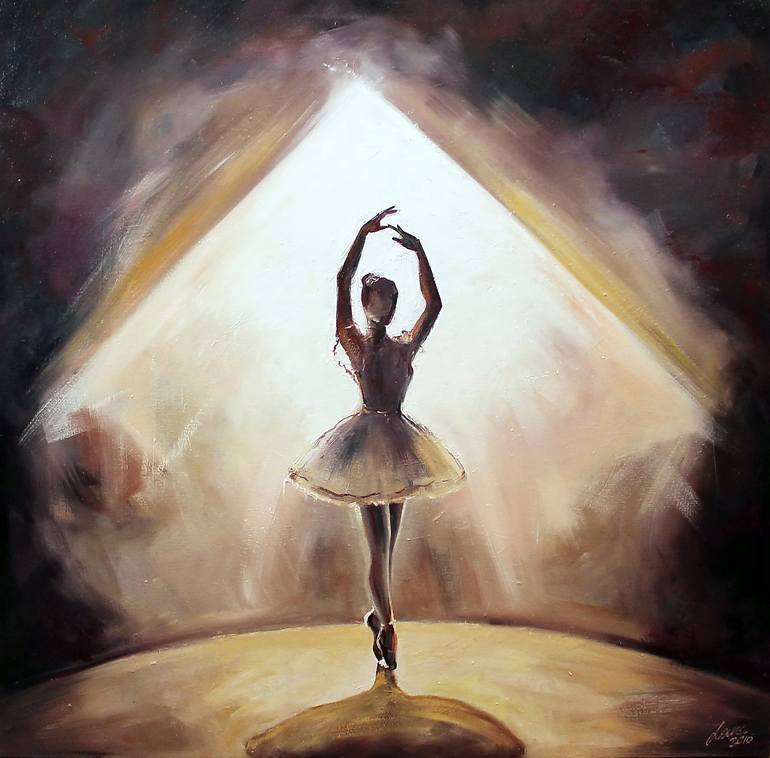If you’re reading this, you likely don’t need to be told what ‘Writing Anxiety’ is. I’d wager you’ve experienced it firsthand, maybe often enough that it’s become a recurring symptom of your writing life, perhaps even a disease.
This is fair. Writing is a lonely profession. Paradoxically, it’s also an intimate profession, and, if you’re like me, intimacy is riddled with anxiety.
Writing, an intimate profession? Of course. Yes, you may be huddled over a keyboard all day, throwing wads of paper at anyone who dares open the door, but you’re also laying bare your mind and soul. You’re pulling from your private, internal reservoir, then showing it off, even shining a spotlight on it.
Talk about terrifying.

In On Writing, Stephen King describes writing as an act of telepathy.
The writer is sitting down, putting their thoughts on the page, and these thoughts will be transmitted into the mind of the reader.
“You can approach the act of writing with nervousness, excitement, hopefulness, or even despair – the sense that you can never completely put on the page what’s in your mind and heart. You can come to the act with your fists clenched and your eyes narrowed, ready to kick ass and take down names. You can come to it because you want a girl to marry you or because you want to change the world. Come to it any way but lightly. Let me say it again: you must not come lightly to the blank page.” – Stephen King
Transmitting some of the deepest parts of you to the mind of another. Wanting to do your story justice. Wanting to get your story right.
You aren’t coming to the blank page lightly. And that, my friend, is terrifying. It’s a lot of pressure.
Hence ‘Writer’s Anxiety’.

Onto tactics for combating this nebulous foe.
Below: 5 ways to manage your writing anxiety, as promised.
1. FORGET PERFECTIONISM
Take a mental chill pill. Hakuna matata, man. Writing is important, and you want to write well, but it’s doubtful there are lives at stake.
Don’t worry about getting it 100% right the first time. You’ll only paralyze yourself. Drafts exist for a reason. Over time, you’ll chip away at the bad bits and polish the good bits.
Like a movie, writing usually comes alive in the edit. And you can’t edit a blank page. So throw up some words. You can sift through them later, with time on your side.
2. PUT YOURSELF AT A REMOVE FROM YOUR WRITING
Take a walk. Go on vacation. Or just out to dinner.
Seriously. When anxiety related to writing has its hands around your throat, step out of reach and enjoy the fresh air. Then look at your writing from afar, from a higher vantage point. Look at your writing from a place that makes it look small.
It can’t hurt you from here. Use this as a chance to reevaluate. What issues are you really facing? How can you best proceed?
When you’re confident you can tackle the challenge once more, dive back in, better prepared than when you started.
3. REMEMBER YOU AREN’T ALONE
Yes, you probably write alone. But others have been here before – like me!

Thousands of others are in the same boat. Those, like me, who haven’t contributed anything of value but hope to someday, and those who have pressed through the gauntlet to find success. For all its royal suck, other people have been here. These waters have been crossed, the ship sailed.
Not only have people survived, they’ve broken through. Be patient with yourself.
4. READ OTHER WRITERS
Read the people who inspire you. Read people you hate to remind yourself why. Hell, read the cereal box.
It’s time tested advice (also vetted by Stephen King). Read voraciously. If an architect is designing a new building, they’re going to look at other buildings. They’ll be looking for inspiration, likes and dislikes, ideas. They’ll look to others in pursuit of their own goal.
Going back to the last point, it reminds you that you aren’t alone. It hammers in the tools of the trade, too. Let the language sink in.
Before I even began writing my first novel, I chose 2 books I wanted to draw inspiration from after I embarked on that long, terrifying journey. They served as waypoints, lights in the fog.
My working theory, which I still hold on to, was that, in choosing two books drastically different in tone and intent, I could pull from each in pursuit of a unique, somehow functioning hybrid. I referenced those 2 books again and again. They saw me through.
EXERCISE: Choose 2 or 3 pieces of writing you want to emulate and see if they can push your project forward.
For those curious, my 2 books were Voyage In the Dark by Jean Rhys and a collection of haiku and haibun by the wonderful Basho.
5. JUST DO IT
Oh, how you must hate me. Even I hate me for this one.
But it’s true. It’s that simple.
Take a page from the Nike playbook and just do it.
It may be simple, but it isn’t easy. I understand that.
It’s about charging forward, no matter what.
At the end of the day, it’s about discipline. And that’s that. You can do this, and you can prove it to yourself every day.
To Conclude…
To conclude, you’ve got this. Don’t see the forest for the trees. Press forward an inch at a time, tackling problems as they arise. How can I flesh out this character? How can I improve this scene?
It will all be ok. One day, you’ll look up and realize you’ve traversed the forest, one step at a time.